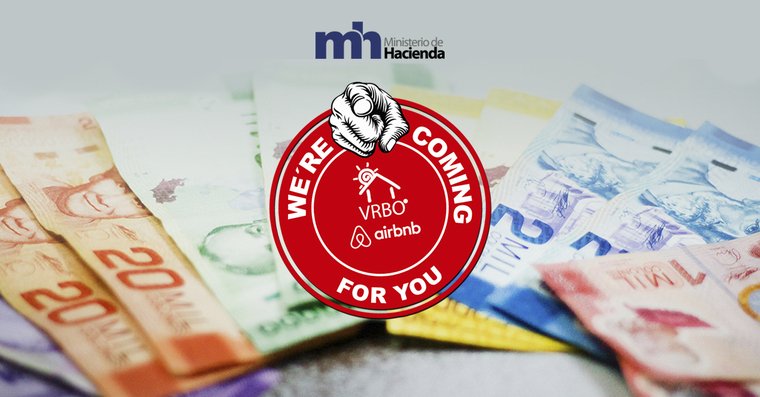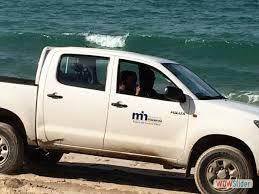
(by Alejandro Zúñiga, special to ClickAss Marketing)
For years, Costa Rica has struggled to define Uber and Airbnb’s roles in a country so invested in tourism.
Recently, the Costa Rican government announced plans to formally tax Airbnb, VRBO, and all short term rentals, imposing a 13 percent value-added tax (VAT).
Airbnb? Fortunately, disagreements between hoteliers and hosts who rent out their properties have not turned violent unlike taxi drivers. The hotel industry generally accepts and understands that short term rentals are here to stay and part of the hospitality landscape. But a pair of events in late 2018 have highlighted legislation that seeks to regulate the online marketplace.
In December, the Costa Rican Congress approved a controversial tax-reform project with which the government seeks to contain its fiscal deficit. The new taxes will be enforced in the second half of 2019 and include charging a VAT (13%) for services such as Airbnb and all short-term rentals (STR).
For now, according to the legal blog Costa Rica Law, the existing sales-tax law “specifically indicates that any owners of vacation rentals, which it has defined as rentals under the term of one month, must pay the sales tax” of 13%. Specifically, the landlord must register at the Department of Revenue and pay all required income tax in accordance to income-based tax brackets based on annual net revenues.
rentals, which it has defined as rentals under the term of one month, must pay the sales tax” of 13%. Specifically, the landlord must register at the Department of Revenue and pay all required income tax in accordance to income-based tax brackets based on annual net revenues.
As of November 2018, all taxpayers must also issue electronic invoices (factura electronica). This includes Airbnb/STR hosts. The Finance Ministry offers free tools for electronic invoicing on its website, and many private services also exist.
But the more pressing changes come following the November murder of a United States tourist who was vacationing in Costa Rica. According to Judicial Investigation Police (OIJ), Carla Stefaniak had been staying at an Airbnb in Escazú, San José at the time of her death. OIJ arrested a suspect it said had been employed on the property despite lacking legal authorization to work in Costa Rica.
The family has since sued Airbnb in Florida courts, perhaps because Costa Rica has little regulatory framework for internationally based online STR platforms such as Airbnb, according to Costa Rica Law.
As a result, the Costa Rican Hotel Chamber and others have asked the Legislative Assembly to fast-track ratification of a bill to better regulate non-traditional hosting platforms such as Airbnb/STR.
The bill, which is currently under debate and may change before (and if) it becomes law, seeks an additional 5 percent tariff, to be paid monthly, on the incomes of services such as Airbnb rentals. The funds would be divided between the National System of Conservation Areas (SINAC), the Costa Rican Tourism Board (ICT), and Tax Administration.
Hoteliers say the proposed tax increase for non-traditional hosting platforms is fair due to laws that have historically governed traditional hotels. For instance, they are required to send a part of their income to ICT, their electricity is taxed at industrial rates, and their buildings must comply with safety and accessibility laws.
The proposed law clarifies tenants’ rights and says landlords must provide adequate security, privacy, and tranquility. Meanwhile, the non-traditional lodging company would have to register directly with ICT and with municipalities, and register with the Directorate General of Direct Taxation.
The Costa Rican Hotel Chamber has said it does not oppose competition from companies such as Airbnb/VRBO as long as imbalances in regulations and taxation are rectified.
Legislation that applies to Uber and Airbnb/STRs is rapidly changing. (Relatively rapidly; this is the Costa Rican legal system, after all.) Platforms such as Airbnb and Uber are in legal limbo, and the best advice is to check twice and ensure you meet all current regulations.







